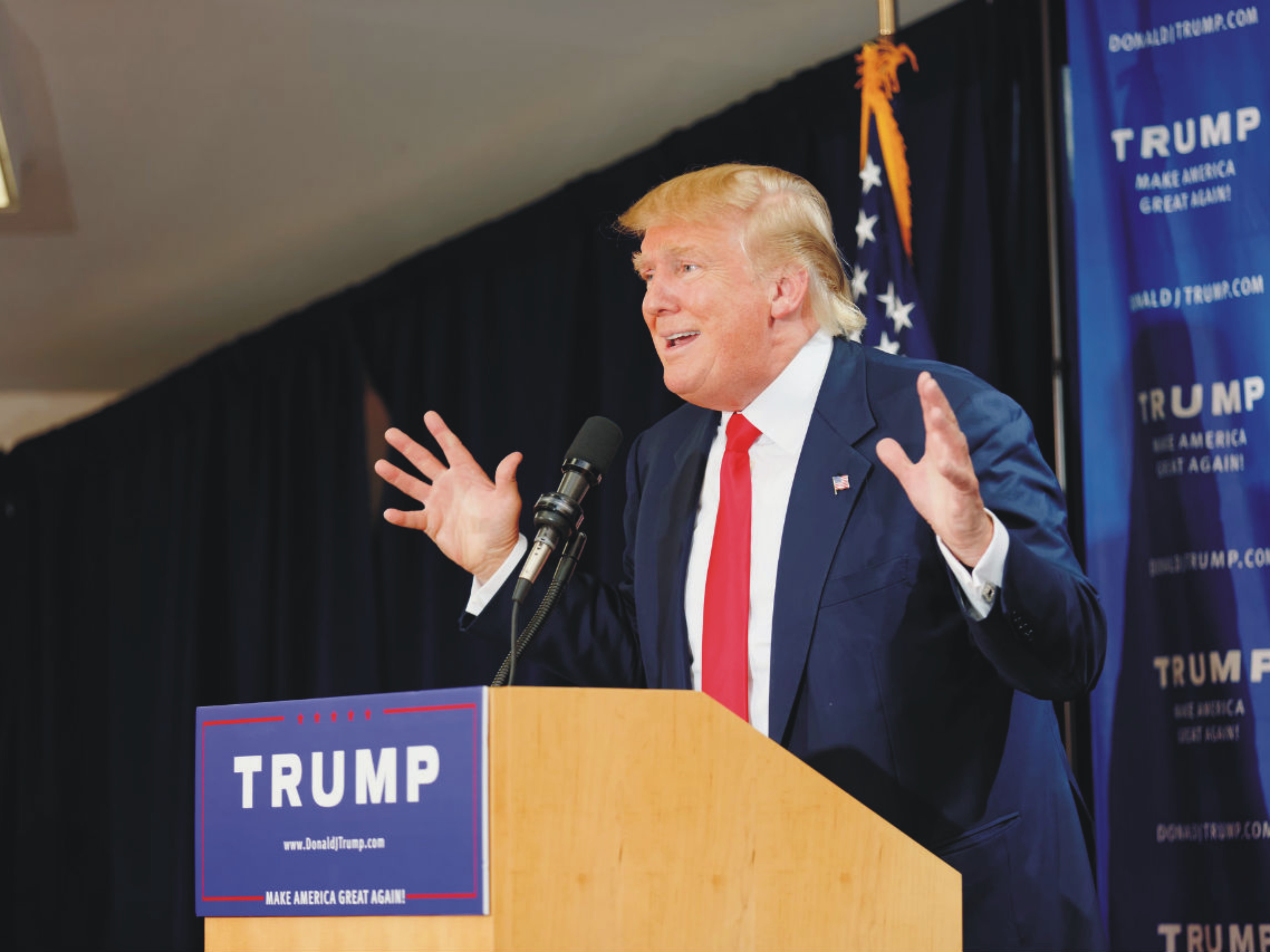By Andrew Korybko
As India and Pakistan both celebrate their 69th anniversary of independence, many voices in India continue to insist that their neighbor is allegedly an artificial state which has no right to even exist.
There’s truth to the claim that the UK created the international conditions for the India-Pakistan partition, but domestic problems between Hindus and Muslims during the late colonial period made division inevitable, even if this ultimately was predetermined to play into London’s divide-and-rule favor.
Russian historian Nikolai Starikov has a point when he says that Pakistan’s independence immediately made it an “anti-Indian” state which was exploited by the West in order to give it a platform for strategic influence in the region and enable it to more easily manage the divided subcontinent, but while these undoubtedly were the geopolitical motivations behind the UK’s decision, this in no way should be taken to imply that Pakistan is an illegitimate, artificial, or non-sovereign state.
Even though British neocolonial strategists may have thought at the time that Pakistan would indefinitely provide them a perch from which to indefinitely maintain the West’s hegemonic influence in the South Eurasian Rimland, the eventual results of their planning couldn’t have been more wrong.
It’s true that Pakistan geo-strategically functioned in accordance to the aforementioned model for decades, but nowadays a profound paradigm shift has taken place whereby Pakistan is the all-weather ally of China, one of the two chief architects of the Multipolar World Order alongside Russia, while formerly “non-aligned” India is racing to set up an undeclared global military-strategic alliance with the US, the violent defender of the New (unipolar) World Order.
To be fair, India enjoys unprecedentedly close relations with Russia too, which allows Moscow the opportunity to manage the American-provoked Chinese-Indian Cold War and resultant rising tensions in full coordination with Beijing through the framework of the Russian-Chinese Strategic Partnership, though it would be much stabler and in the greater good of the entire Multipolar Community if New Delhi hadn’t fallen for Washington’s temptations and instead remained the reliable BRICS partner that it was under the premiership of Manmoham Singh and the Indian National Congress.
On the one hand, it’s commendable that India is working together with Russia and Iran to streamline the North-South Transport Corridor to Europe, but on the other, the project would be logistically and economically optimized if India cooperated with Pakistan through the SAARC regional integration structure to directly establish a much more efficient unimodal transport system instead.
This would allow Pakistan to fully embrace its geopolitical destiny as the zipper of pan-Eurasian integration by linking together the Eurasian Union, China, SAARC, and the greater Mideast marketplace in Iran and beyond, but India’s unconstructive obsession with maximalist demands towards Kashmir and the refusal to recognize Pakistani sovereignty over the province of Gilgit-Baltistan are major interlinked impediments to this multipolar vision.
The fact that Pakistan was intentionally left out of India’s gargantuan long-term investments in the port of Chabahar and the North-South Transport Corridor in general prove that New Delhi is not seriously committed to reaching a lasting and sustainable peace with Pakistan anytime soon, as does its uncompromising stance on claiming all of Kashmir.
This attitude can be explained by the fact that India wants to control this crucial chokepoint on the China-Pakistan Economic Corridor so as to either prevent the project’s completion or exert dominance over the only dependable non-Malacca trade route that China would have with the Indian Ocean.
Either way, India’s intentions are obviously obstructive and present a serious threat to China’s grand strategy of securing its international trade routes, and by related extent, viably constructing the foundational infrastructure critical for the success of the emerging Multipolar World Order.
This state of affairs has made it so that the existence of Pakistan serves as a safeguard for the survival of multi-polarity in South Asia and has consequently given Islamabad the heavy responsibility of guarding this globally vital corridor from American-encouraged Indian aggression.
In a poetic twist of irony, whereas in the past it could have been argued that Pakistan was “getting in the way” of the “good guys” and carrying out the US’ dirty work, nowadays it’s India that’s fulfilling that role and functioning as the ultimate divide-and-rule instrument of unipolarity, though this time not just over the subcontinent, but over the entirety of Eurasia.


